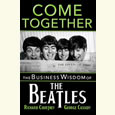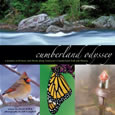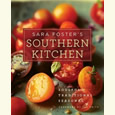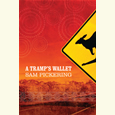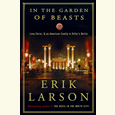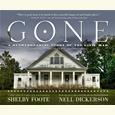Come Together: The Business Wisdom of The Beatles
“Treat[s] the Beatles’ successes and failures as a sort of Rosetta Stone not just for aspiring rock stars, but also for businesspeople everywhere…It’s an intriguing idea.”
Amy Wallace, The New York Times
“Once you read Come Together, you’ll never look at the Fab Four the same way again.”
Rieva Lesonsky, SmallBizDaily.com
“Come Together is one of the most innovative books ever on the Beatles. They don’t teach it like this in business school, but they should. It’s like getting an MBA from the greatest band in history.”
